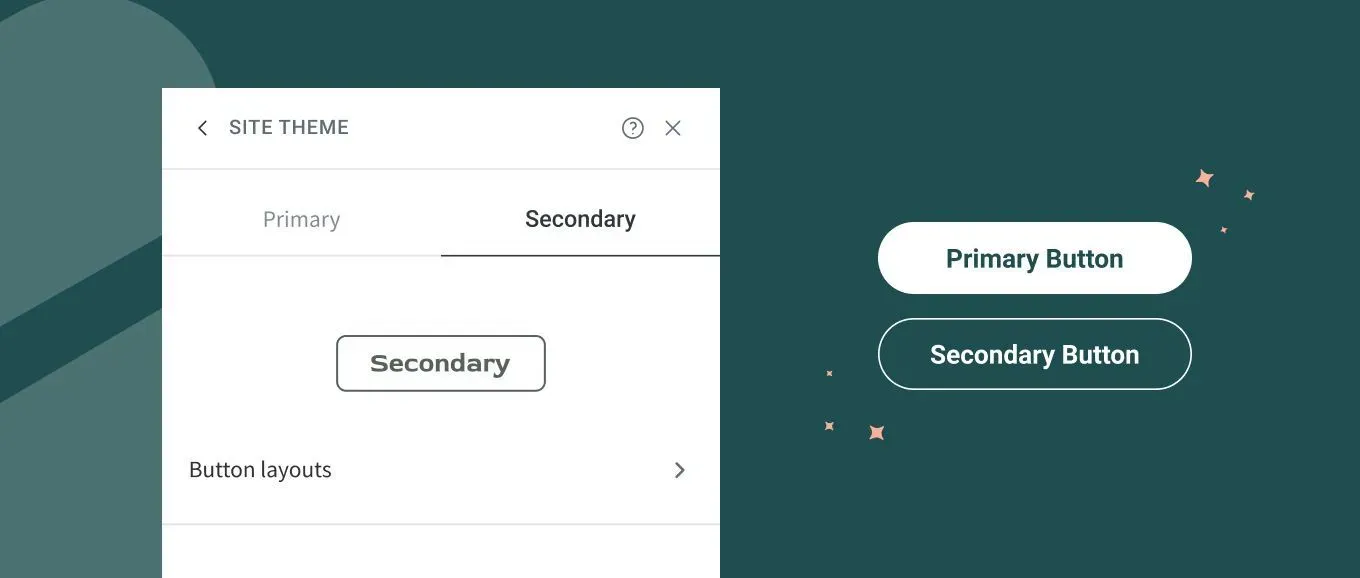There’s nothing more frustrating for any business owners than seeing their website ranked on the umpteenth page of Google, despite their continued efforts to climb the Google ranks. And for many, ranking high on the Google search results may seem like a ridiculously tough task but believe us when we say, by taking the necessary steps, life can be made a lot easier when it comes to getting your website out there.
In this article, we will spell out the important steps every business owner with a website needs to take to get their website to their target audience and get the site ranked high on Google search results.
Follow the tips below and get Google to notice YOU!
1) Prove you are local
Hey, local business owners, this one is for you. Within the SEO world, there’s an area known as local SEO – this is where Google helps direct location-specific searchers to solutions they are looking for in their geographical area. This is important because people often turn to Google as a first step to finding the company they’re looking for. You can increase your website discoverability to your local area with our Local Business Schema feature. But first, what is a schema? A schema provides all search engines with structured and trustworthy information about the business and improves the SEO of location-based searches that rely on data such as name, address and phone number. This data is commonly known and abbreviated as NAP.
2) Optimise for mobile devices
Mobiles are now accountable for around half of all internet traffic globally. And trust us, not one of those users wants to be squinting their way through cut-off displays on their phones, or images that never seem to fully load. This means you must take into account how mobile-friendly your website is when deciding which pages get listed first in the search results. That means when considering how to get your website on Google, you’ll need to optimise for mobile browsing to appear as a top result.
For that reason, we have made sure all Avanty websites can offer a bespoke experience per device. Every site can be customisable to create a great viewing experience for your customer from every screen size.
We cannot stress this enough, you want the best experience for your customer no matter the screen they are using, this is because the longer your customer/audience linger and browse on your website sends a sign to Google that your website provides a strong answer to a particular search query. In hand, helping your website rank higher in the Google results.
3) SSL certificates are a guarantee with every Avanty website
SSL certificates (also known as the ‘s’ in https://), ensure the data transmitted on the site will remain private and safe at all times. This is achieved by connecting a cryptographic key to the site owner’s details and establishing an encrypted link between the web server and browser. There are several different types of SSL certificates available, which you can purchase from your web hosting provider or a third-party service depending on your website’s needs.
4) XML sitemap
An XML sitemap acts as a roadmap around your website. It tells search engines, like Google, what content is available and how that information can be reached. This allows it to be easier for Google to find the pages on your website and the relevance they have. It’s important to note, Google ranks web pages and not just websites as a whole. So an XML sitemap can improve your website’s SEO, and that’s why we highly recommend them. Sitemaps like this are especially important if:
- Your website is currently not well-structured and/or well-linked (i.e. linked with internal links)
- Your website has very few external links and/ or is a brand-new site.
- Your website contains pages that have been created dynamically (i.e. some e-commerce sites such as…)
- Your website is very large and has a large amount of archived content (that usually isn’t well-linked to internal or external links)
5) Include header tags (H1) to all the pages on your website to improve SEO
There are 2 reasons why they use header tags on the pages of a website. The first one being the keywords used in an H1 tag helps search engines understand what the page is all about and the content it contains. The other reason why header tags are important for SEO is that they make it easier for the users/customers to navigate through the page. The user can see at a glance what the page contains by simply looking at the H1 tag. The rest of the headings provide a big hint to users as to what to expect in each section. And again, this links back to the amount of time people spend reading the content on a website signals to Google it provides good content therefore Google ranks the site higher in the results.
6) Publish authentic content
Authentic and unique content has taken on greater importance in recent years. Here is a list of advantages of creating authentic content to help improve your discoverability on Google.
- Authentic content allows businesses to refine their audience by reaching out to the people more likely to engage/convert with what the company offers.
- It allows the website’s content to be readable and relatable. This, in turn, ensures an increase in the overall engagement.
- There’s value to be added through the content you provide; it allows any business the opportunity to be seen as an authority within the industry and place your company at the forefront of the target audience’s searches.
- Authenticity can ensure brand/company loyalty.
- It also encourages user-generated content and positive reviews of your website. Often before using a service or buying a product, people will want to know if other people have used or bought from your company and if it is good value for money and whether it will benefit them. The best way this can be found out is through reviews and others talking about your company online.
7) Page titles that can get you to stand out
Adding keywords to the titles of all the pages on your website will help boost your visibility for both Google and the people you want to be viewing your site. As page titles are so important both in terms of SEO and your click-through rate, knowing how to write them properly is crucial. Note: you want to get noticed, not just identified. So, it is important to create compelling titles, which kindly goes back to creating authentic content. It should be your aim to stand out amongst all the noise in an already crowded online world and the best way to do that is being individual and being you.
Here are five simple tips to help you write killer page titles:
- Keep Your Page Titles Concise – But Not Too Concise
It is important to note Google cuts down page titles that are too long, so users won’t see the full wording on a search results page. On the flip side, nobody is going to click on a title that looks like it has been finished. The general rule is, keep all page titles between 40 and 70 characters.
- Make Sure You Use Keywords Wisely
If you stuff your page title full of keywords, Google will penalise your site and you will not rank very high in the search results. After all, page titles that are a list of keywords or keyword variations do nothing to improve the user online experience. So, don’t try to outsmart Google, either, as its algorithm is now very good at spotting spammy page titles. That said, it is crucially important that your page titles include the main keyword of the page. Ideally, place the keyword at the start of the page title.
- Avoid Other Things That Can Be Seen as Spam
A good example of this is the unnecessary use of capital letters – avoid this and only use normal title capitalisation. Also, avoid the use of special characters such as £ or!
- Write with Your Target Audience in Mind
After all, these are the people you are trying to make click on your website.
So, it’s up to you to write the page titles in a way that will encourage your target audience to click with interest. (Remember, the page titles of every webpage are potentially the website visitor’s first interaction with your business when they find your website through Google results. This truly highlights the importance of writing page titles that present your brand in the best possible light).
8) Add a meta description to every webpage
Meta descriptions have one very important function on a search engine - provide a crisp description of the content on the webpage. A meta description simply acts as a short and simple blurb on the content offered to the people visiting the website. Not only does a meta description help describe the content concisely, but it also helps Google to rank the pages of importance and the quality of the content. So, make sure the meta description is the best summary for what you have to offer by including the vital information that will rank you at the top of your audience’s google search.



